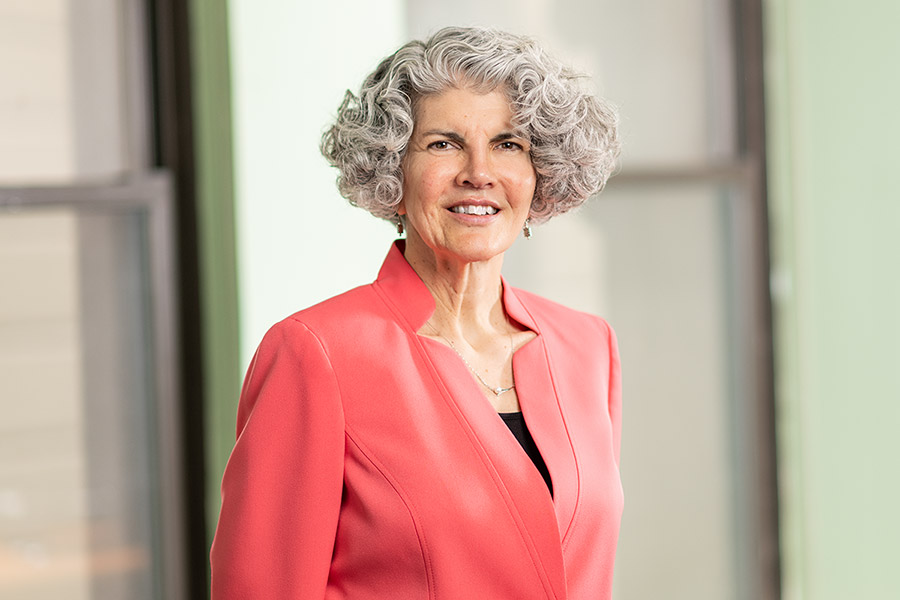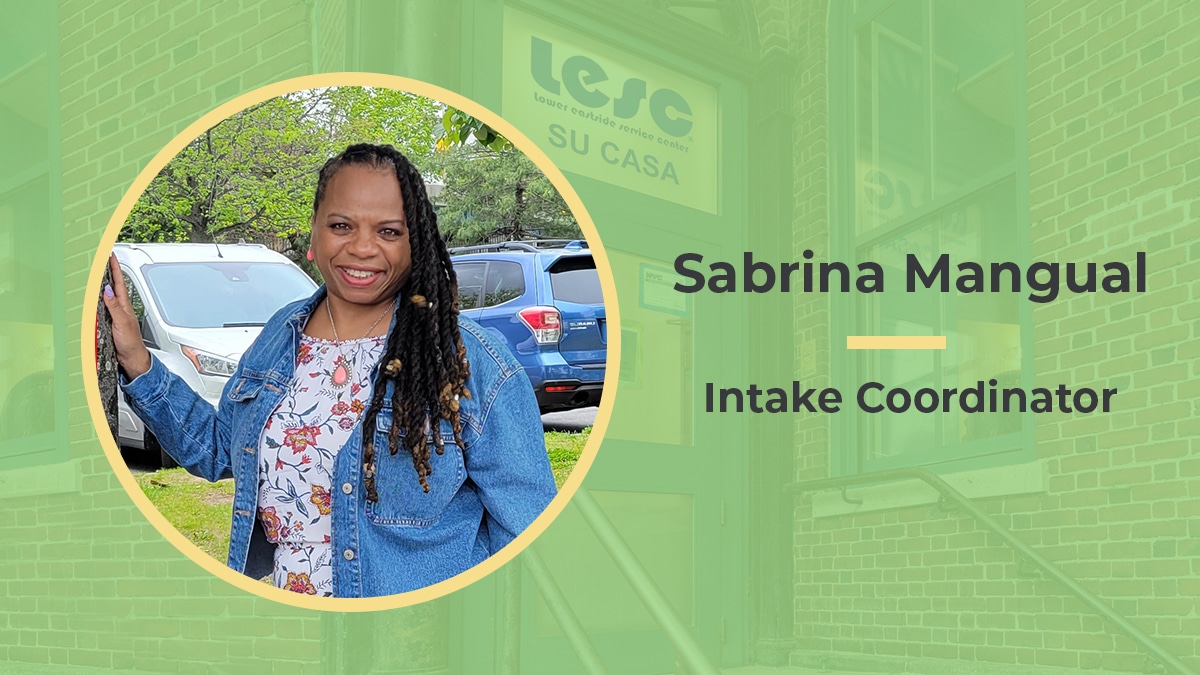
Lolita Silva-Vazquez, our Vice President and Chief Program Officer, has been a driving force at the forefront of Resilient Recovery. With over three decades of experience and a profound commitment to improving the lives of our clients who are grappling with addiction, Lolita’s journey is one of compassion and innovation. However, her impact goes far beyond the confines of her role, as she continues to shape a future where recovery is not just a destination, but a path to empowerment and lasting change. Here, she discusses the important changes our organization has made in the face of adversity and changing times.
Adapting and Empowering
Over the past three years, LESC has demonstrated exceptional resilience in the face of the COVID-19 pandemic, ensuring the safety of staff and clients while maintaining continuity in service delivery. Lolita emphasized the importance of staff resilience during this time. “The dedication of our staff during the challenges presented by the pandemic has been vital to the success of our programs and the welfare of our clients. Staff showed up to work, adopted prevention and safety practices to address COVID risks, continued to provide quality services, and helped to keep our clients safe.”
COVID-19 necessitated a number of changes at LESC. Some notable adaptations include the successful transition of LESC’s Dual Recovery Services program and the Continuing Day Treatment program to telehealth-only services during the height of the pandemic. “LESC’s Dual Recovery Services program and the Continuing Day Treatment program pivoted to providing telehealth-only services from early 2020 to the first quarter of 2021,” Lolita explained. These adjustments ensured that clients could access vital services without compromising their safety.
Focus on Reducing Harm and Saving Lives
The alarming rise in overdose deaths, with fentanyl being detected in 80% of cases, has motivated LESC to take proactive steps to protect clients and their communities. “Over 2600 individuals died of overdose deaths in New York City alone in 2021, and fentanyl was detected in 80% of those overdose deaths,” Lolita pointed out. In response, LESC has registered its outpatient and residential treatment programs with the Department of Health as Opioid Overdose Prevention Programs. To empower clients and their loved ones with life-saving tools, LESC has distributed naloxone kits and provided training on using them properly.
Committed to Continuous Improvement: Tailoring Treatment for Better Outcomes
To enhance client experiences and increase access to services, LESC has made significant improvements to its residential treatment programs. “LESC’s Su Casa residential treatment programs provide Medication for Opioid Use Disorder (MOUD) in a medication maintenance program and in a program for clients who opt for a blind taper from MOUD,” Lolita explained. “To better assist clients with a more comfortable taper, the process is individualized, doses are not revealed as they are incrementally lowered, the tapering process is extended as needed, and clients may also choose to continue with MOUD.” This personalized treatment approach ensures that clients receive the care that best suits their needs and preferences.
Looking Forward: Expanding Access and Care
Lolita went on to explain that LESC envisions two major initiatives to further expand the reach and impact of their programs. “There are two initiatives on the horizon for LESC programs. The first is a centralized intake process to increase access to all of LESC’s programs.” By simplifying the intake process, LESC aims to break down barriers and ensure more people can promptly access the care they need.
The next initiative revolves around a redesign of the Su Casa residential treatment model. Lolita explained that LESC envisions a more inclusive approach. “Su Casa will expand the admission criteria to include other substance use disorders and transition to providing three elements of residential care that include stabilization, rehabilitation, and reintegration under the Office of Addiction Services and Supports (OASAS) 820 regulations.” This transformation will allow Su Casa to cater to a broader group of individuals in need of residential care.
As LESC continues to break down barriers and drive positive change in the communities it serves, Lolita Silva-Vazquez’s leadership and the commitment of LESC’s team continue to be instrumental in driving Resilient Recovery and transformative outcomes –– helping to make a lasting impact on countless lives.


